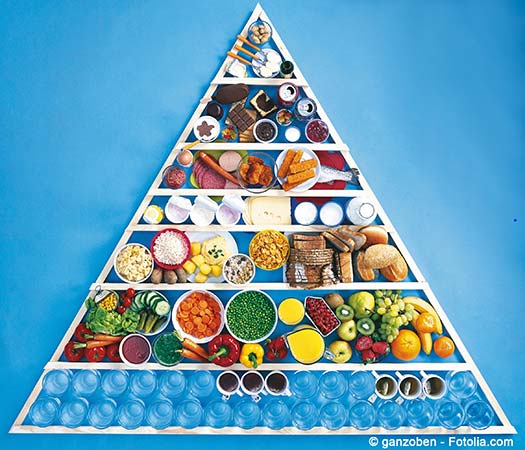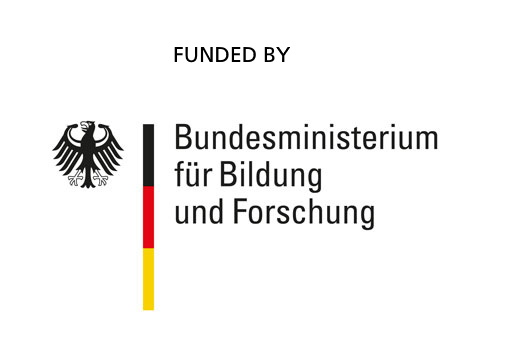New attractive and healthy convenience foods for various groups


Ever more people are eating ready-to-eat foods on the go. Even at home, an increasing number of working people and parents are opting to buy ready-to-eat foods - for time reasons.
In order to provide people in all stages of life with healthy food choices, a number of R&D organizations and companies from the food manufacturing industry and retail sector have formed the »enable-cluster«, which is funded by the German Federal Ministry of Education and Research (BMBF).
The aim of the enable-cluster is to develop new, attractive, and healthy convenience foods to tackle unhealthy eating habits and prevent diet-related illnesses such as obesity, diabetes, cancer, and heart disease. Consumers should have healthy food choices in all stages of their life, with modern ready-to-eat foods (convenience products) not being inconsistent with a healthy lifestyle. The enable-cluster will consider the needs of different target groups such as pregnant women, adolescents, and older people. The scientists will investigate how consumers choose their foods and how these decisions can influence a healthy lifestyle. The results will be used for product development. Additionally, the development of new information and communication technologies will help to guide consumers towards more healthy foods.
Promotion of healthy nutrition
In cooperation with the Technical University of Munich and other research partners, we are investigating how consumers choose their food and how these decisions can be influenced in the sense of a healthy choice. The results then flow into product development. In addition, the development of new information and communication technologies is intended to help guide consumers towards a healthier diet. The research work is coordinated by the Technical University of Munich.
Dietary fibers for health
The Fraunhofer IVV as research partner develops a model for in-vitro glucose release for dietary fibers and high-fiber food matrices. The findings from the model will be used to characterize dietary fibers with regard to their functionality in terms of glucose metabolism and thus to develop special dietary fiber-enriched foods that positively influence the plasma glucose level. Together with the metabotyping of human beings, this will enable a targeted prevention of metabolic diseases in adulthood.
Protein drink for seniors
Furthermore, Fraunhofer IVV is developing a protein-rich, high-caloric drink for and with seniors, which can contribute to the fight against malnutrition in this vulnerable group of people. The high-protein drink developed in the first funding phase will be further optimized based on the findings of the acceptance studies and the effects of its use for the prevention of malnutrition in combination with other high-protein foods will be investigated in cooperation with the Friedrich-Alexander-University Erlangen-Nuremberg (Chair of Biomedicine of Aging). The Fraunhofer IVV's pilot plant for developing food offers excellent opportunities for these innovative products. The taste impression during consumption is always in the foreground during product development, because a high acceptance can only be achieved with tasty products.
Relationship between sensory perception and food selection
A further research project at Fraunhofer IVV is concerned with the investigation of sensory perception in the context of expectations, such as those generated by a product label. For this purpose, the effect of expectations on sensory perception is investigated by means of chemosensory stimulation in combination with functional MRT (magnetic resonance tomography). Our results show how label information affects us during food consumption and mechanisms of food acceptance and selection are investigated and understood.
Project term: |
First funding period: 2015 to 2018 |
Project management |
German Aerospace Center (DLR) |
Website: |
 Fraunhofer Institute for Process Engineering and Packaging IVV
Fraunhofer Institute for Process Engineering and Packaging IVV